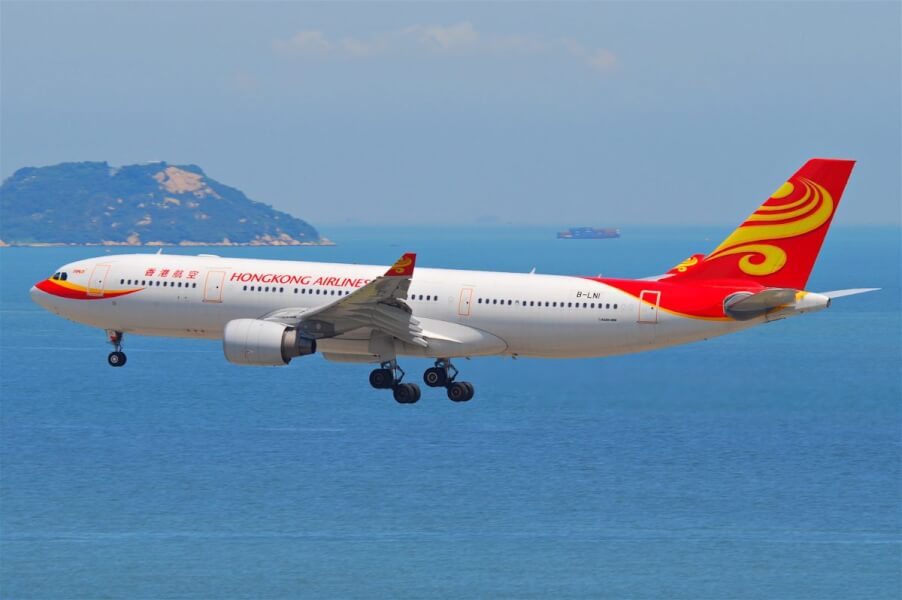Hong Kong has always looked overseas and has long been a regional hub in the Asia Pacific area for the film industry, but at this year’s FilMart, it’s clear that the region’s film biz is reaching out to global producers and aiming to connect with filmmakers around the world.
A look around the halls at FilMart shows how the biz is trying to internationalize — the exhibition floor sports 750 exhibitors from 30 countries and regions, with 32 group pavilions led by governments of 23 countries and regions.
A key element of this global outreach at FilMart 2025 is Producers Connect, organized by the Culture, Sports and Tourism Bureau, Cultural and Creative Industry Development Agency, Hong Kong Film Development Council and the HKTDC, and funded by the government’s Film Development Fund. Producers Connect presents a series of sessions tailored to empower Hong Kong producers in the global industry arena, including but not limited to fireside chats, business matching and workshops.
Jacob Wong heads up the Hong Kong International Film Festival Industry Office, the organization that coordinates such initiatives as the Hong Kong-Asia Film Financing Forum (HAF), which runs as a Filmart sidebar.
“It’s becoming rather difficult for a city of with a population of seven and a half million people to support and sustain a film industry, so Hong Kong is looking for partners outside of Hong Kong. There’s been partnership with China and a lot of filmmakers from Hong Kong are working in China, and the government has initiatives working with Southeast Asia, so Hong Kong is moving in that direction,“ said Wong.
Hong Kong was always known for its hard-boiled action movies, crime dramas and martial arts movies, but the cinema has really evolved. A big reason for this is mainland China. Hong Kong movies used to be treated as foreign films by Beijing, with the same import quotas as U.S. and other non-mainland films. The rules changed in the 2000s and allowed a raft of co-productions to take place and open distribution channels for Hong Kong films.
Cornelia Klimkeit, who heads up Film Sales Support at European Film Promotion, said FilMart serves as a key industry stop between the Berlinale and preparations for the Cannes film festival.
“Some sale companies use their trip to FilMart as starting point for further industry events in the region, making the journey even more attractive and efficient,” said Klimkeit.
And Hong Kong also needs to better leverage its role as a facilitator in the region.
“In growth terms, then the focus would have to be would ideally be more on co-productions, across borders, perhaps, you know, getting funding from various markets. Veteran filmmakers can always go and work in China because they have the experience to work in an industry that has a big population and also quite a lot of money that they can play around with,“ said Wong.
However, it is difficult for younger people who do not have the experience and the professional training.
“In Hong Kong, hopefully the government schemes of doing co-productions with Southeast Asia may bear some fruit and there will be production from with collaboration with Southeast Asia. And Southeast Asia and rich countries like Singapore, they also have these funding schemes, and so maybe something will work out among the regional cinemas,“ said Wong.
The heady days of when Hong Kong was producing over 200 movies a year are unlikely to return.
“What happened in the 1990s was some kind of a miracle. And so, lightning doesn’t strike twice. I mean, theoretically you can again, but it’s probably unlikely. You have to produce products that are exportable — I don’t see that coming back, especially, especially when filmmaking has become so expensive,“ said Wong.


